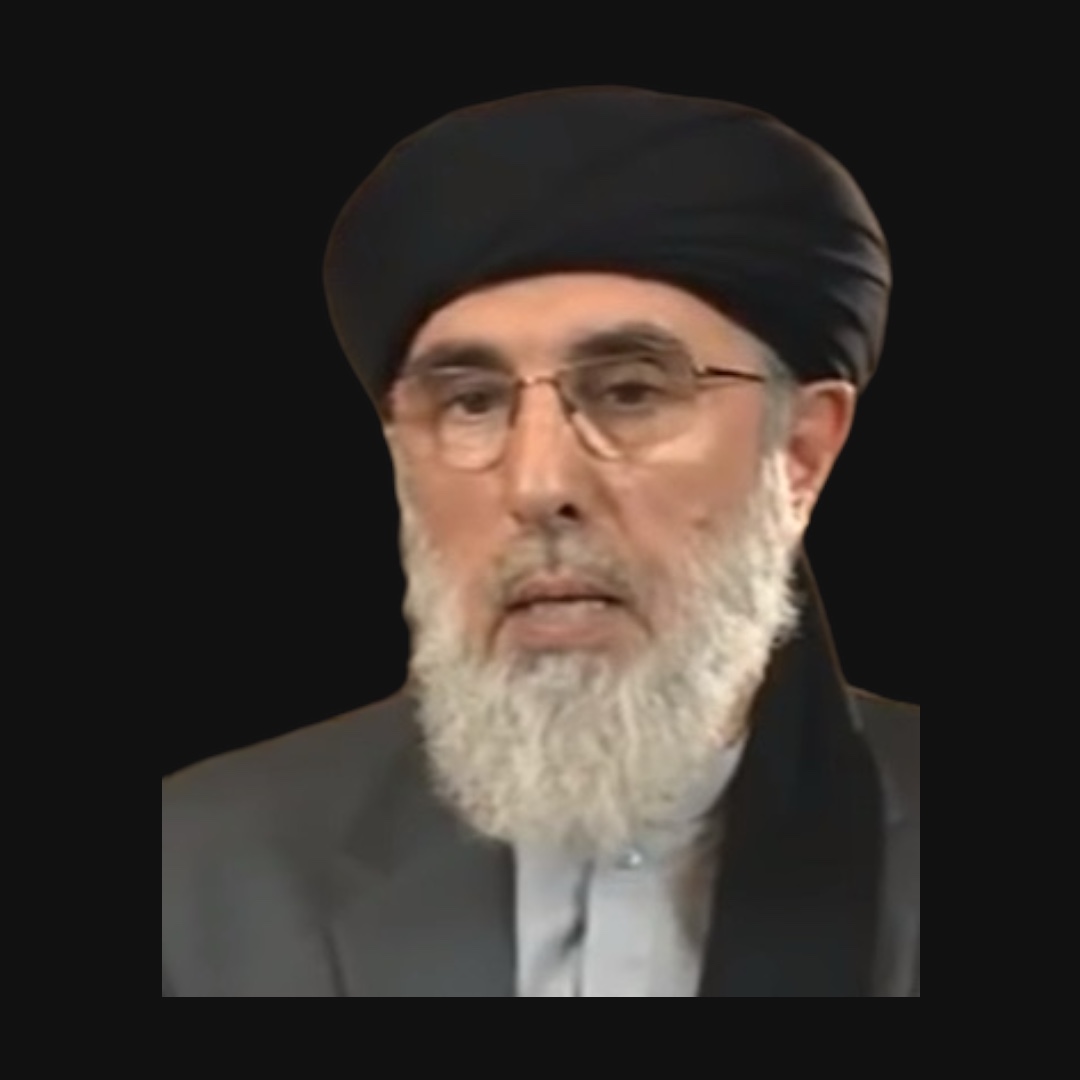
WHY GULBUDDIN HEKMATYAR'S STATEMENTS SHOULD BE TAKEN SERIOUSLY
When Gulbuddin Hekmatyar accepted the terms of peace and seemingly established himself as the leader of a political party in Afghanistan, the political landscape in the country was different. At that time, Hekmatyar was considered a "burnt-out figure." However, since August of last year, the situation in Afghanistan has changed, and with it, the ruling policies of the country have also shifted.
Hekmatyar's recent statement, in which he said that "providing shelter to the government's opposition is nothing less than declaring war on neighboring countries," should be viewed from a different perspective. But before diving into this issue, it's important to highlight a few more phrases from Hekmatyar's speech.
"Unfortunately, Dushanbe shamelessly claims to be a staunch defender of these people (referring to the Resistance Front. – 'Oyina')... They demand no less than forty percent participation in the government. This undoubtedly means war with Afghanistan," he said.
According to the leader of the Islamic Party of Afghanistan, "the consequences of this position will lead to Afghanistan also deciding to provide shelter to the armed opposition of Tajikistan in response to this hostile, unilateral action."
It is reported that Hekmatyar delivered this speech during Friday prayers on May 6 in a video where he appeared.
Certainly, such a threat from an ambitious and radical person can be serious. The current situation in Afghanistan indeed favors the creation of such conditions. The Taliban have had similar experiences in the past. For example, providing a base for the Islamic Movement of Uzbekistan, the East Turkestan Islamic Movement, and other radical groups like Al-Qaeda, including its leaders Osama bin Laden and Ayman al-Zawahiri, is worth mentioning.
Moreover, while the Taliban were recognized as an armed opposition by some countries and listed as a terrorist organization by others, they essentially remained a brutal group focused solely on gaining power in Afghanistan. From this perspective, the group did not pose a serious armed threat to neighboring countries. However, given their ideology, the Taliban place significant importance on the oath of allegiance. By leveraging this allegiance, the Taliban could create serious problems for neighboring countries.
Currently, Tajikistan does not have an armed opposition. The term "Tajik opposition" refers to a number of banned and penalized parties both inside and outside the country, none of which have claimed armed struggle against the current government since the peace agreement was signed in 1997. However, considering that it was announced in 2015 that ISIS had reached Afghanistan, and some Tajik citizens were arrested in Afghanistan on charges of being members of this banned terrorist group, Gulbuddin Hekmatyar's statements cannot be ignored. At the very least, his words cannot be overlooked. In other words, in situations like this, the importance of maintaining "political vigilance" becomes clear.
It is worth noting that one of the Taliban's commitments to the United States was not to turn Afghanistan into a base for terrorist groups. However, the history of this movement has shown that as the Taliban gained more power, they broke their promises to sponsor countries like Saudi Arabia and Pakistan. It is also important to emphasize that during their first rule, from 1996 to 2001, the Taliban never controlled all of Afghanistan to ensure the security of the entire country. Therefore, they might evade responsibility by claiming that anti-Tajik extremist groups emerged due to the Taliban's weakness and that they lack the means to control them.
The Taliban's lack of international legitimacy also allows the group to engage in behind-the-scenes dealings, which could be exploited by the movement for its own purposes.
Overall, the point is that while the Taliban themselves may not pose a direct threat to Tajikistan, they can create conditions for indirect or proxy threats to their neighbors.
For these reasons, the statements of a person who has been known as a radical all his life should not be ignored or dismissed lightly. Therefore, in my opinion, the country needs to develop a defensive program to prevent possible hidden threats from the "neighbor."



